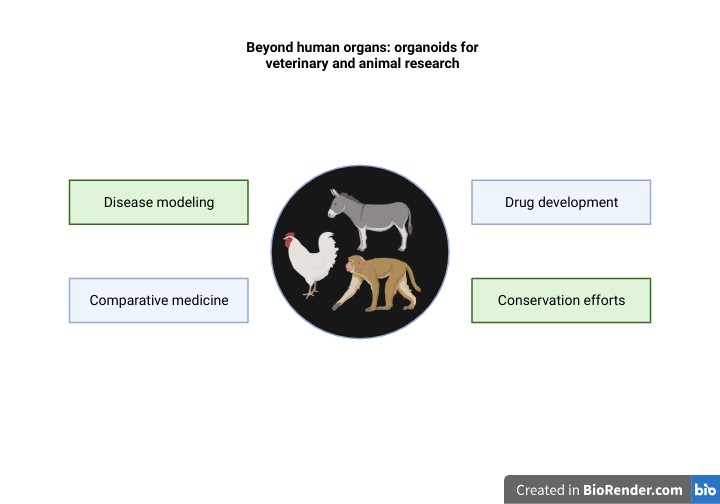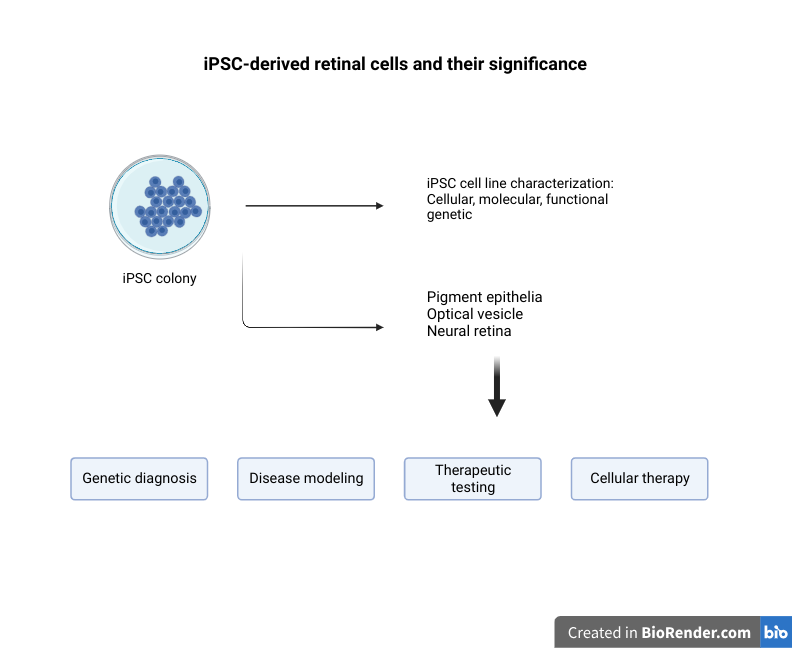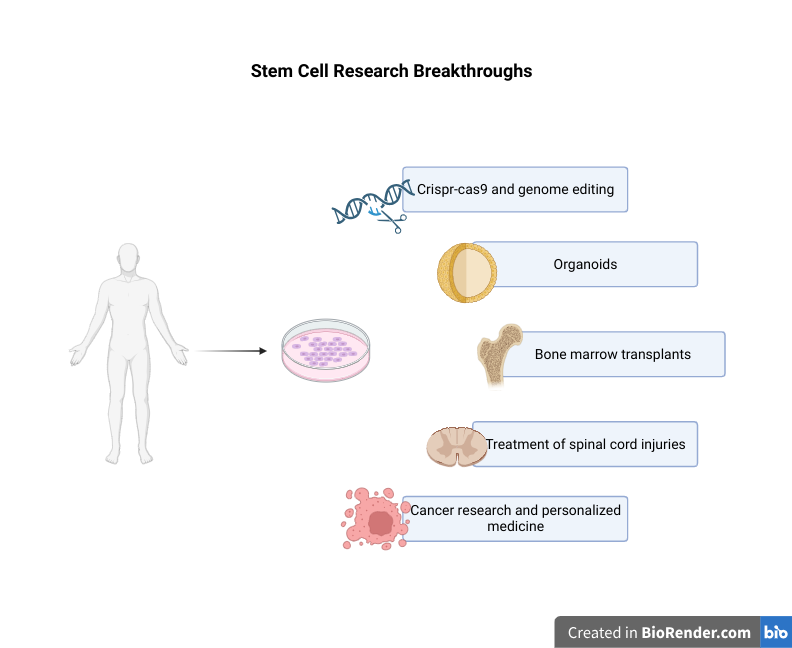
Beyond human organs: Organoids for veterinary and animal research
The remarkable advancements in organoid technology, initially developed to model human tissues, are transcending species boundaries and ushering in a new era of veterinary and animal research.
This article delves into the expanding realm of organoids in veterinary and animal research, exploring their applications, benefits, and the ethical considerations they entail.
Disease modeling Organoids derived from animal cells enable researchers to model and study diseases that affect specific species. These models offer insights into disease mechanisms, progression, and potential treatments.
Comparative medicine Studying organoids from different animal species allows researchers to compare and contrast physiological processes, identifying both commonalities and differences. Such comparative insights have implications for human health and the development of species-specific treatments.
Drug development Veterinary organoids can be used for drug testing, evaluating drug efficacy, and assessing potential side effects in animals. This approach can streamline the drug development process and improve the safety of veterinary medications.
Conservation efforts Organoids can aid in understanding the reproductive biology and genetic diversity of endangered species. This knowledge is crucial for conservation strategies aimed at preserving threatened animal populations.
Nutrition and metabolism studies Veterinary organoids can provide a platform to investigate the effects of different diets, nutrients, and metabolic processes on animal health. This has implications on livestock production and companion animal care.
References
1. Zhao Z, Chen X, Dowbaj AM, Sljukic A, Bratlie K, Lin L, Fong ELS, Balachander GM, Chen Z, Soragni A, Huch M, Zeng YA, Wang Q, Yu H. Organoids. Nat Rev Methods Primers. 2022;2:94. doi: 10.1038/s43586-022-00174-y. Epub 2022 Dec 1. PMID: 37325195; PMCID: PMC10270325.
2. Kar SK, Wells JM, Ellen ED, Te Pas MFW, Madsen O, Groenen MAM, Woelders H. Organoids: a promising new in vitro platform in livestock and veterinary research. Vet Res. 2021 Mar 10;52(1):43. doi: 10.1186/s13567-021-00904-2. PMID: 33691792; PMCID: PMC7943711.
3. Sang Y, Miller LC, Nelli RK, Giménez-Lirola LG. Harness Organoid Models for Virological Studies in Animals: A Cross-Species Perspective. Front Microbiol. 2021 Sep 16;12:725074. doi: 10.3389/fmicb.2021.725074. PMID: 34603253; PMCID: PMC8481363.
4. Pain B. Organoids in domestic animals: with which stem cells? Vet Res. 2021 Mar 4;52(1):38. doi: 10.1186/s13567-021-00911-3. PMID: 33663614; PMCID: PMC7931169.



